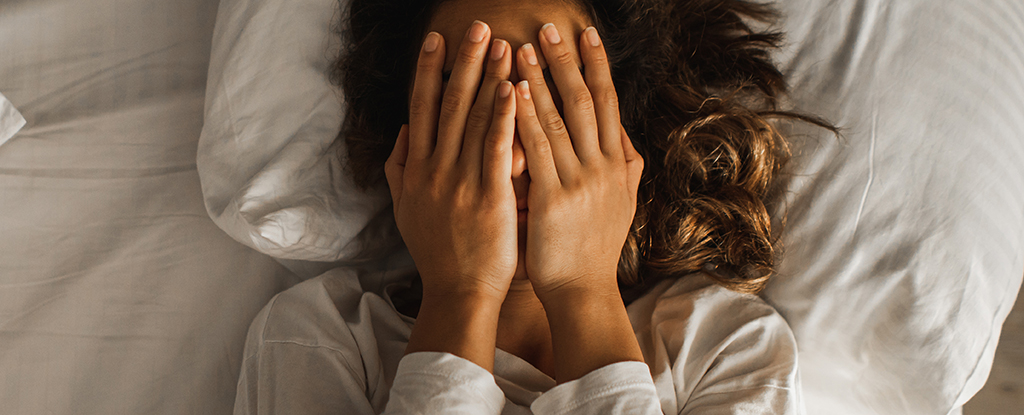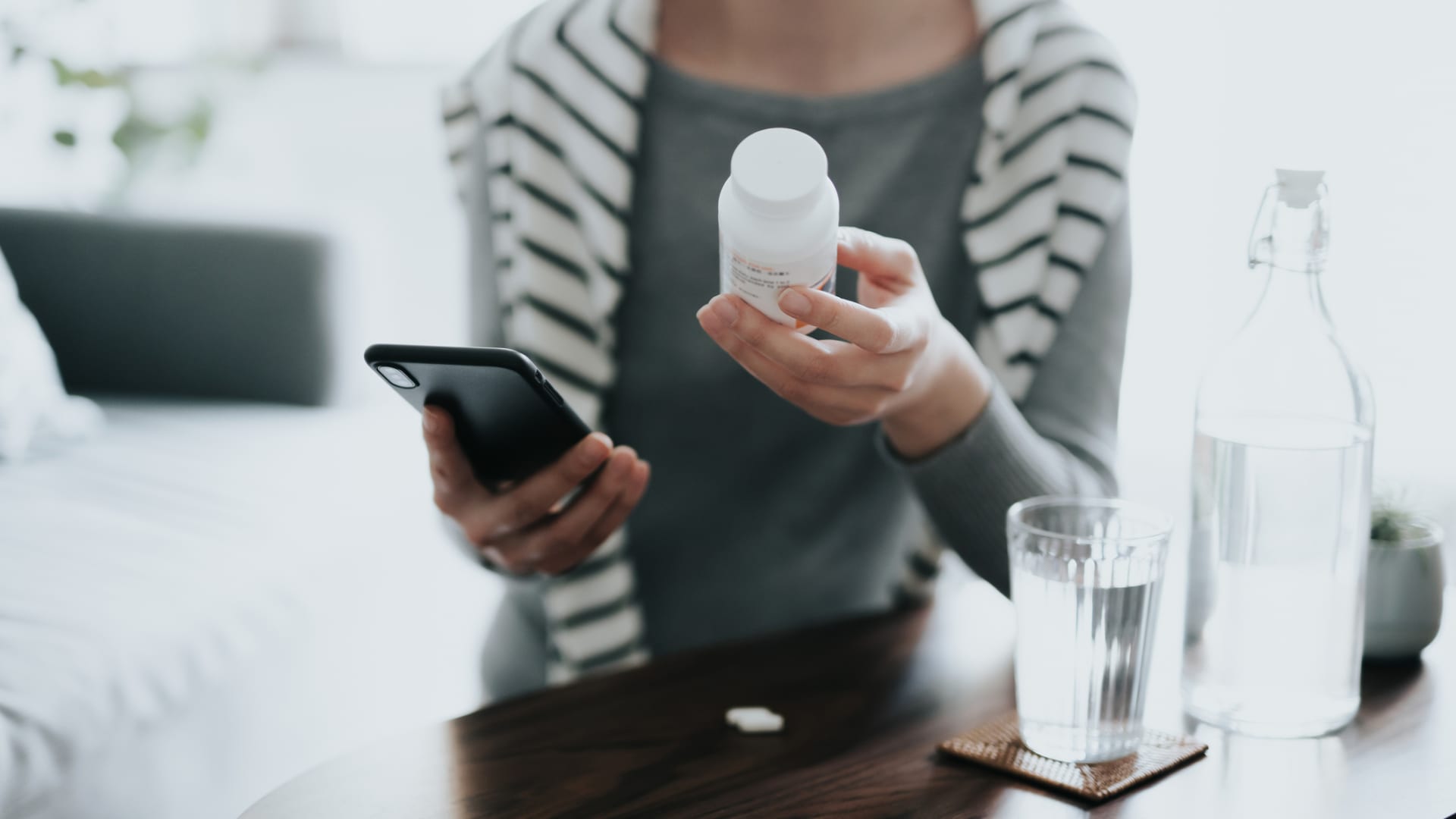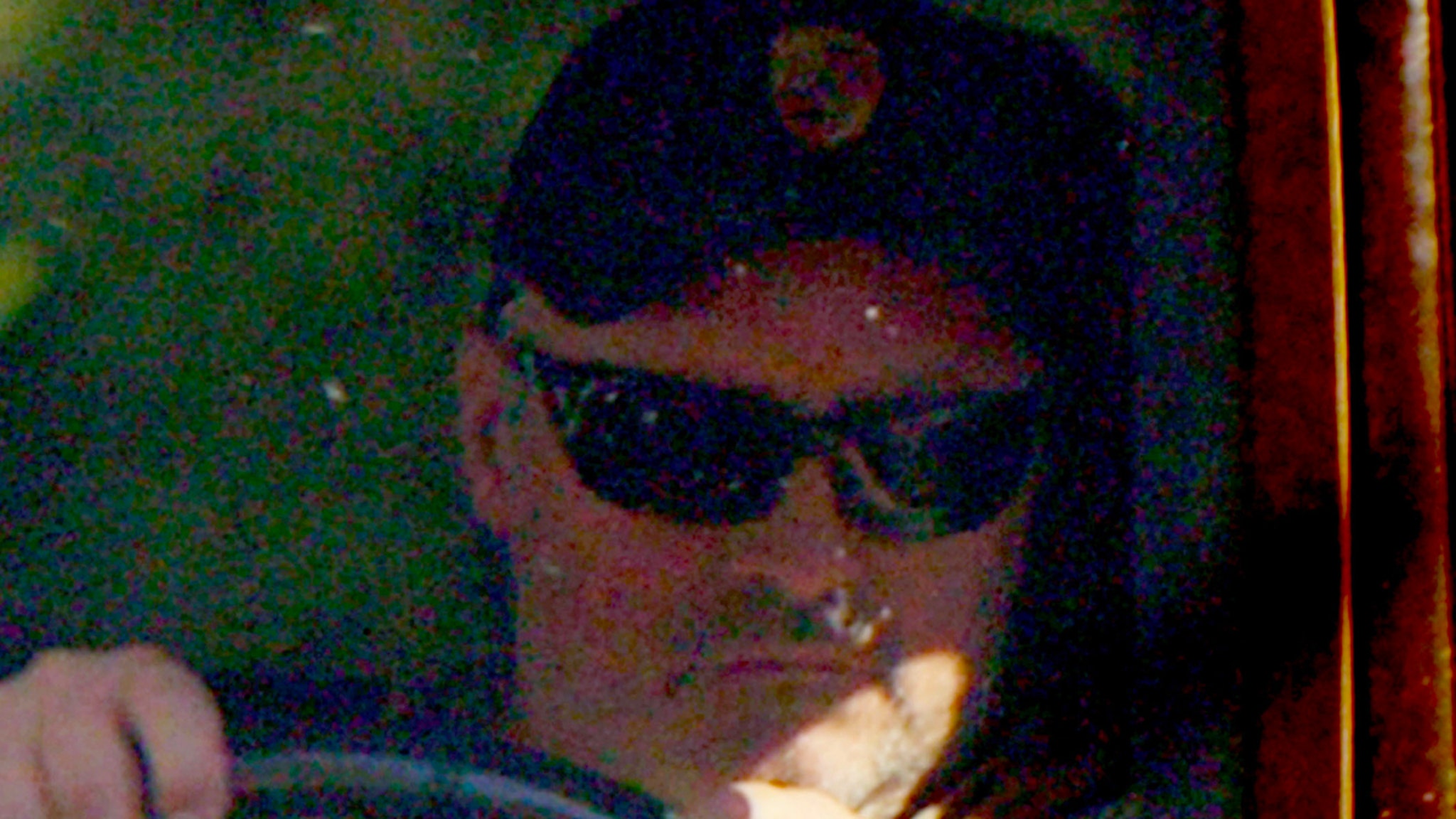Boost Sleep Quality in 20 Minutes: Proven by Science

The Benefits of Short Exercise Workouts after Sleep Deprivation
Experiencing a poor night’s sleep and considering a power nap? Why not opt for a quick workout instead? Emerging research indicates that brief exercises can effectively counterbalance the decline in cognitive function resulting from a night of restless sleep.
The Impact of Exercise on Cognitive Function
Recent studies conducted by the University of Portsmouth’s leading researchers shed new light on how exercise can benefit our bodies, even when oxygen levels are low.
The Experiment Process
Two different experiments were conducted, each involving 12 healthy adult participants. The studies evaluated cognitive performance after partial sleep deprivation (PSD) for three nights and total sleep deprivation (TSD) for one night in hypoxia conditions (low body oxygen level), comparing these with regular sleep patterns.
Outstanding Findings from the Studies
The findings revealed that a 20-minute workout on an exercise bike can enhance brain function in all situations: PSD, TSD, and hypoxia. These findings are essential for a broad spectrum of individuals, ranging from new parents to mountaineers.
Exercise and Cognitive Performance
“Existing research has already shown that exercise maintains or improves our cognitive performance, even when oxygen levels are reduced,” mentions Joe Costello, an exercise physiologist from the University of Portsmouth. “This is the first study to suggest that it also enhances cognitive performance after both total and partial sleep deprivation, and when combined with hypoxia.”
The Link between Exercise and Enhanced Brain Activity
While the connection between exercise and improved brain activity is already well-known, this particular study provides researchers with additional valuable evidence. Exercise is believed to boost brain power by supplying more oxygen. However, even in low oxygen environments, cognitive improvements were observed. This suggests that other factors, like brain-regulating hormones, increased arousal, and motivation, could be contributing.
Additional Research Needed
Although further studies are required to delve deeper, the current findings provide new insights into the relationship between sleep, exercise, and cognitive skills.
The Impact of Sleep Disruption on Health
Research shows that around 43% of people do not get the recommended 7-9 hours of sleep per night, which can lead to increased risks of conditions such as depression and heart disease. However, the promising news is the potential to quickly counter these adverse effects by maintaining an active lifestyle.
The Verdict: Movement as Medicine
“The findings significantly add to our understanding of the relationship between exercise and these stressors and reinforce the message that movement is medicine for the body and the brain,” states Costello.
Publication of the Research
The research is now accessible in Physiology & Behavior.
—
Read More Health & Wellness News; US Lifestyle News



Leave a Comment